|
There is no shortage of people who look to nature to find their answers in times of suffering. Solidarity with mother nature and her creations can be a wonderful time for reflection and grounding. Although not widely talked about, many people also venture into the great natural wonders of our earth for mental health support. Our resident blog writer, Jess, talks a bit about why she spends so much time outside and how it helped her find herself.
Resilience There’s nothing like toughing it through a hailstorm on a hill or trudging through a bog you’ve accidentally wandered into to knowing that once it’s over, you’ll be back to the glorious high of being outside. ‘Embracing the suck’ as it’s often known to outdoor enthusiasts, I find spending my down time in the Scottish hills teaches me a lot about how to endure discomfort for a greater purpose and shows me how resilient I am when I put my mind to it. After all, life isn’t a wonderful ride down the yellow brick road and learning how to endure as well as thrive is a big part of living life. Solitude Something I’ve always struggled with in my life is conforming within the judgement and opinions of others. I’m no stranger to having a bit of an identity crisis because I’ve realised, I’ve been dumbly following along the paths of others without stopping and thinking, “wait, do I want this?”. Taking time out by myself - or with my adventurous canine companions, Caesar and Ed - gives me time to shake people off of my back and go into myself to figure out who I am again. As much as I am a people person, I’m also a lone wolf. There’s a balance between the two for me and ensuring I spend plenty of time in the countryside with my own thoughts never fails to remind me of my intentions. Strength My partner says to me a lot, “you’re fitter than you think you are”. This used to really bug me when he was trying to make me do more push ups or run further, but now I can really appreciate what he meant. Whether I’m running, hiking or even just going for a walk, it’s just as much about my mental fitness as it is my physical fitness. How easy is it to talk yourself out of leaving your cosy bed to go exercise? Far too much so! I find the same sometimes when I’m out, trying to give in to my mind telling me I’ve done enough and should go home. I surprise myself often at how far I can go and how capable I am in different environments out there, so when I’m in a rut – I remind myself of what I’m capable of. I’m much stronger than my mind leads me to believe. Whether you live in the countryside or the city, there’s so many ways to introduce outdoor activities into your routine and your wellbeing will thank you for it. There’s also some fantastic podcasts out there where people open up about how their mental health took them to somewhere more wild. Here's some I recommend:
0 Comments
17/5/2021 0 Comments The art of having an open mindDo you find it difficult to understand the values of others without forming judgement if they do not align with your own? You're not alone in finding open-mindedness to be difficult. Our minds have evolved to analyse everything in order to make sense of the world around us. Because of our conscious freedom, we each uniquely have our own opinions, values and priorities that make us who we are. The trouble lies when we encounter someone who is so varyingly contrast to us. We can't understand them. If we feel the need to vocalise our discomfort, this is likely to end in a disagreement. Being close-minded can negatively impact our lives as we shut off a multitude of possibilities and culture, so how can we become more comfortable with being open-minded instead?
Open-mindedness can lead to greater creativity and innovation, as well as strengthen the relationships around you. It may take a little bit of work, but with this effort you'll see an abundance of growth and development. The use of essential oils dates back to 5500BC with evidence of the Sumerian culture practicing and recording plant-based medicine. Jumping forward to the 21st century, the practice of aromatherapy is often used in holistic medicine but has gained recognition in science and western medicine in recent history. But what really is aromatherapy and how can we use it to support a healthy lifestyle?
Aromatherapy is the use of natural and potent essential oil fragrances. Extracted from plants, the therapy is based on using aromas to help stimulate our limbic system – also known as the ‘emotional brain’. Essential oils go hand in hand with mindfulness as a way to explore and control our emotions. Often used in meditation or other ritualistic practices, scents are used to stimulate states of mind such as relaxed, focused, uplifted and confident. I’ve put together some suggestions below to get you started. Restoration It’s not a surprise that when we think of relaxing aromas, our mind jumps to lavender. Used in candles, pillow sprays, bath soaks and other self-care items; lavender is wonderful for inducing restoration and relaxation. Other scents such as camomile are also well known to be soothing and calming in the body. Try using some in your bedtime routine on your pillow or rub onto your pulse points. Inspiration To encourage a quiet mind and promote mental clarity, frankincense is your guy. Found often in meditation style blends, this warm spicy aroma is great to have on hand to balance your emotions throughout the day. Keep some on hand to smell in between meetings or rub into your temples before you start your to-do list for the day. Uplifting With so many responsibilities, it can be easy for us to get bogged down trudging from one task to the next. For a sprinkle of positivity and a spring in your step, reach for trusty citrus oils such as bergamot or lemon zest. Apply some in the shower to boost your mood in the morning or drop some drops into your cup of tea. Please ensure you use oils safe for consumption. Empowerment Sometimes our faith in ourselves wavers leaving us to feel uncertain and uncomfortable. When you’re in need of a little assistance in the self-confidence department, reach for oils like sandalwood and cedarwood. Both are very grounding, earthy scents that can bring your assurance and strength. Add some drops to your diffuser while you work or apply to your palms and inhale directly. The quality of your essential oils is important when you consider whether you will ingest them and the longevity of the scents. At Tranceform, we highly recommend the use of doTerra essential oils for the pure grade certification which means they contain no nasties and can be consumed. Find out more about doTerra over here and if you want to order any, let us know! Think about the last time you had dinner with someone else. How much of it do you remember? Do you remember the textures and tastes of the food you had? Do you remember what you spoke about? Or maybe you were not fully engaged, checking emails, social media or even thinking about other responsibilities. You’re not alone if you can’t answer much of the first few questions. We live hectic lives, and we juggle so many responsibilities it’s not easy to stay present when we’re engaging in things that we do every single day. But you wouldn’t be reading this if you weren’t – like me – trying to find ways to be more mindful and grounded, in a distraction laden world. So, I’d like to share some of my go-to practices for when I just feel like I’m not being present enough with those around me.
At the end of the day, showing up with your presence is the best way to show someone you love and care for them. Hopefully you can take a little bit of something from any of these practices, not only to your valued relationships, but to everyone you meet. Enjoy your practice, Jess 21/2/2021 0 Comments Awaken your inner childDo you remember how wonderfully carefree you were as a child? The excitement of seeing your first snow or scuffing the knees of your trousers out playing with friends - much to your parents' annoyance - being curious about everything and anything. Mystified by things we now take for granted.
It's easy to lose touch with our inner child as we grow older and wiser. We're constantly told to "grow-up and act our age" by subliminal or sometimes quite direct messages. We even spend part of our childhood wishing we were older, only to look back longing upon our childhoods with a strong sense of nostalgia. We may be older now, shaped by the wonders and hardships of our experiences, maybe a little rougher around the edges, but we can still tap into that beautifully innocent childlike mind every once in a while. Here's some simple ways to jump back a few years:
A child's outlook is simple and positive, so I hope by reintroducing these fun activities again, you'll be able to take on life with a refreshed perspective. Relish your inner child, and enjoy the simplicity and beauty of living all over again. 25/1/2021 0 Comments Books to get you startedWe often find starting a new journey to be a little tricky, wondering “where on earth do I start and where do I look for inspiration?”. With access to a plethora of online material and gurus to guide us, it can be a little overwhelming and may even be a hurdle for us to get the ball rolling. Sometimes, the easiest thing we can do to enlighten us on a new topic, is simply to read about it. I’ve put together some of the top books out there that won’t bog you down with technical terms, that will give you simple ways to incorporate practice into your daily life; and hopefully will leave you feeling inspired to start your journey.
Some of these books have been around for years so you may be able to find them for a fraction of the price second-hand, download them as an audio book or Amazon has them. If you have any questions about getting started, we'd love to hear from you! We also run an 8-week 1-2-1 mindfulness programme which is fantastic for beginners. 3/1/2021 0 Comments Setting mindful intentionsThe New Year is here and many of you will be setting your New Year's resolutions soon and probably wondering how you can do so in a mindful way. In mindfulness we are taught to experience life as it happens, in any given moment. But how do we create reachable and flexible targets, that also take care of the mind? In this post I want to explore with you how practicing your intentions will free you from your own pressure AND you'll still see the results you're after.
The first step is to take away the word "goal" from your vocabulary. That word is what we call a 'sticky' word in mindfulness. Most of us set ourselves overly ambitious goals that we struggle to reach and often end in negative consequences. Instead, we want to focus on setting our intentions and creating positive habits, that ultimately lead to working on some of our goals. But what is the difference between intentions and goals? Where goals are usually how you wish to get from point A to point B, an intention is a direction you wish to pursue. When you start shifting your mindset from achieving something to working towards it and understanding the intention behind it; you'll start to feel less weight on your shoulders, less pressure on what you think you need to have in order to be happy, and you'll feel more comfortable with where you're at now.
Now we have set an achievable intention with some small steps to practice towards it. In life we're always learning and practicing, and despite what we're often taught, there's no linear path that we can all follow. So when you're ready to set some resolutions, really think about your intentions behind it and how you're going to break it down, or whether you think it's something you must do in order to be happier. 29/11/2020 1 Comment Mindfulness for kidsMindfulness can be taught at any age, so maybe think about sharing your practice with your wee ones. Proven to improve focus and classroom participation; teach life skills such as compassion and kindness; and help guide them through dealing with difficult emotions, starting mindfulness at an early age can be pivotal to how your kids grow as little people. We all know how difficult adding in new habits to our kids routines can be (hello tantrums!), so let’s explore some fun ways to sprinkle some mindful habits into their days:
Happy practicing 🧘... 29/9/2020 0 Comments Getting your energy ratio rightDo you often feel drained by the end of the day but still struggle to get a restful night's sleep? Do you often feel like life is a constant struggle and you do not have enough time for activities you enjoy? Then your energy ratio might be unbalanced. In mindfulness when we talk about nurturing and depleting activities, we simply mean activities that give you energy (nurturing) and activities that take your energy (depleting). Now, we can't pretend we live in a paradise land where we only engage in nurturing activities. Unfortunately we all need to partake in depleting activities. But with a little bit of adjustment, we can get the balance right and leave the day feeling fulfilled. So, what are we waiting for?!
Regularly checking in on your energy ratio is a great way to get a better picture of what you spend your time on and brings a lot more awareness to your day-to-day. It will also encourage you to prioritise those wonderful nourishing activities that leave you feeling a boost in energy. Self-care is really important so make sure you find some time for yourself. If you need some help finding nurturing techniques to practice throughout your day, I'd love to help! Get in touch directly on louise@tranceformlife.co.uk to find out more on what I can offer. 30/8/2020 0 Comments Be the observer of your thoughtsIf you've ever caught yourself rerunning the same unwanted scenario over and over again in your brain like a stuck record - wishing only that it never happened in the first place - you're not alone. Known as 'sticky' thoughts for their ability to stay put no matter how much you try to move on from them, it sometimes can feel like we spend way too much time in our own heads.
Whether you want to be free of the constraints of your mind or just want to practice more awareness, I want to share with you a simple practice of observation. With a little practice and some compassion, we can free up more space in our heads and break our minds addiction to the story.
This simple meditation technique is a really effective way of practicing your own mental awareness and can help you build more resilience against unwanted distractions. Remember, we are not our thoughts and we do not always need to know their story. If you'd like to practice a longer, more advanced version of this observation meditation then get in touch with me at louise@tranceformlife.co.uk to arrange 1-2-1 sessions in person or online. |
Archives
April 2022
CategoriesAll Clients Experiences Family Life Health & Happiness Personal Development Recovery & Healing |
Services |
Company |


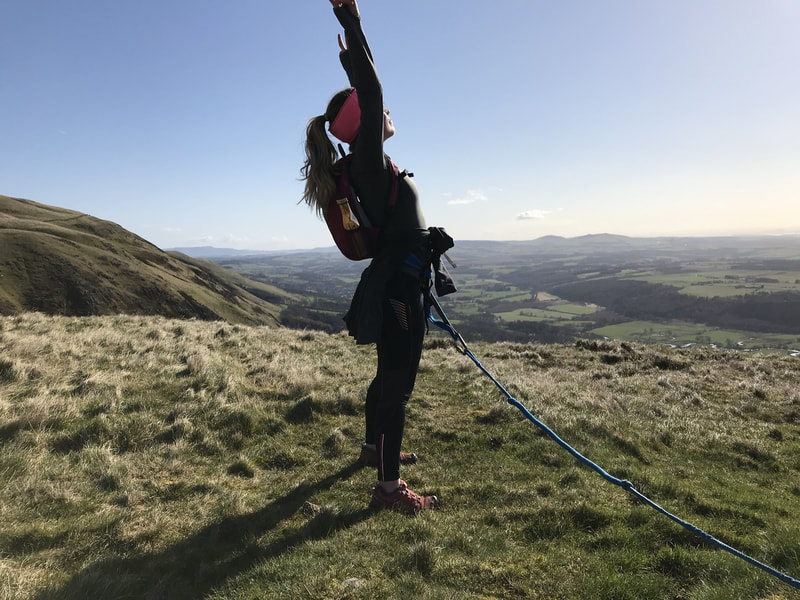
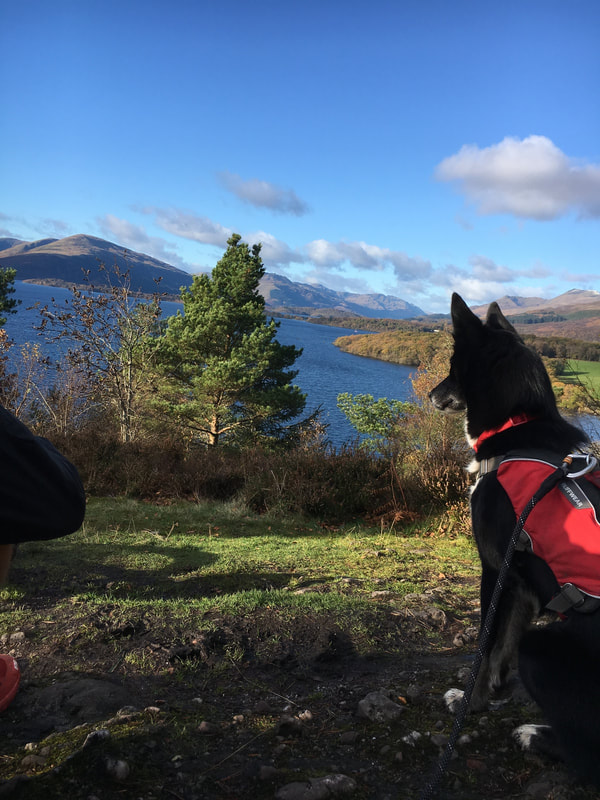
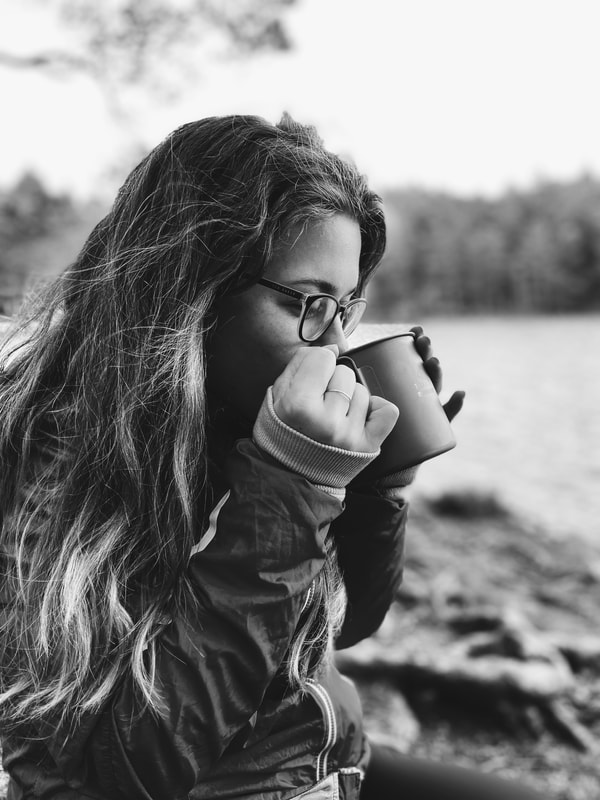
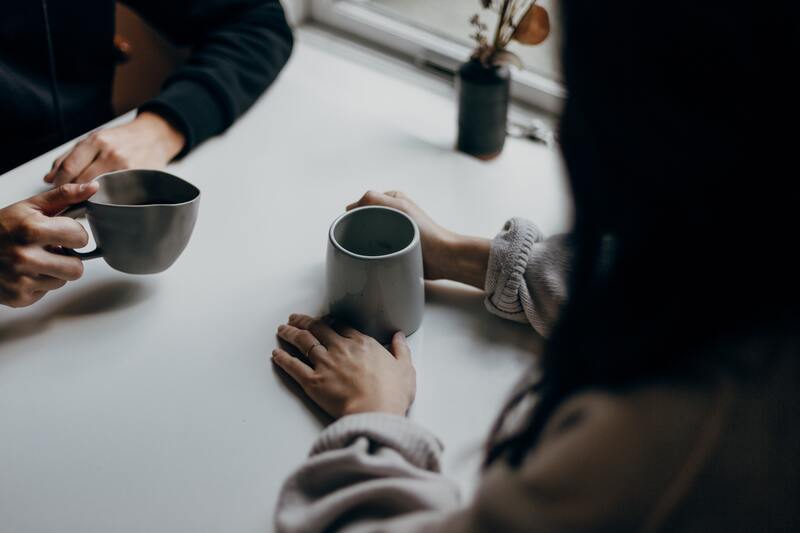
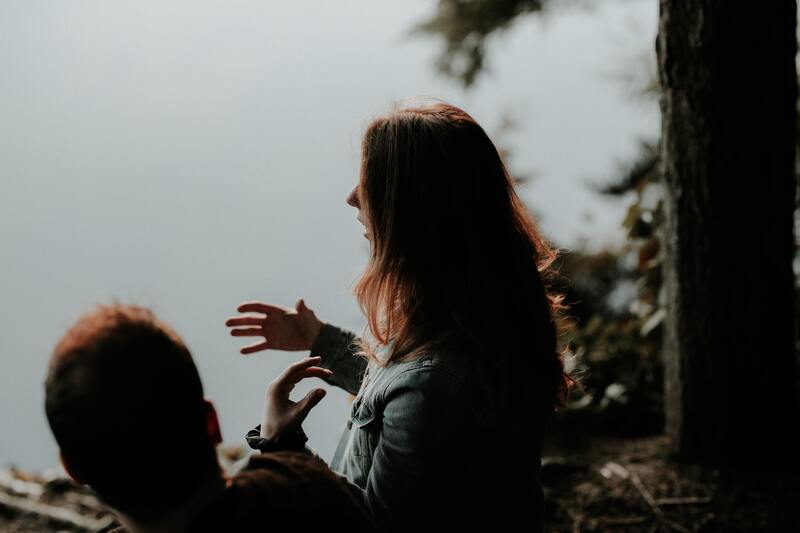
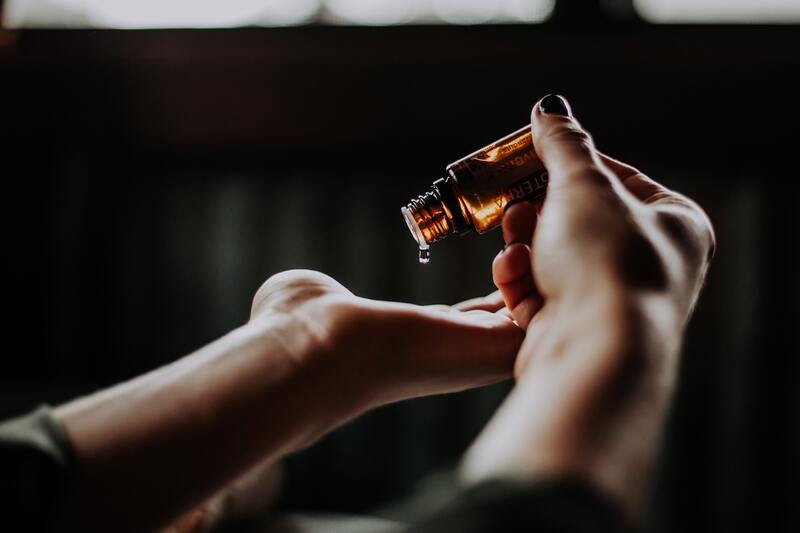
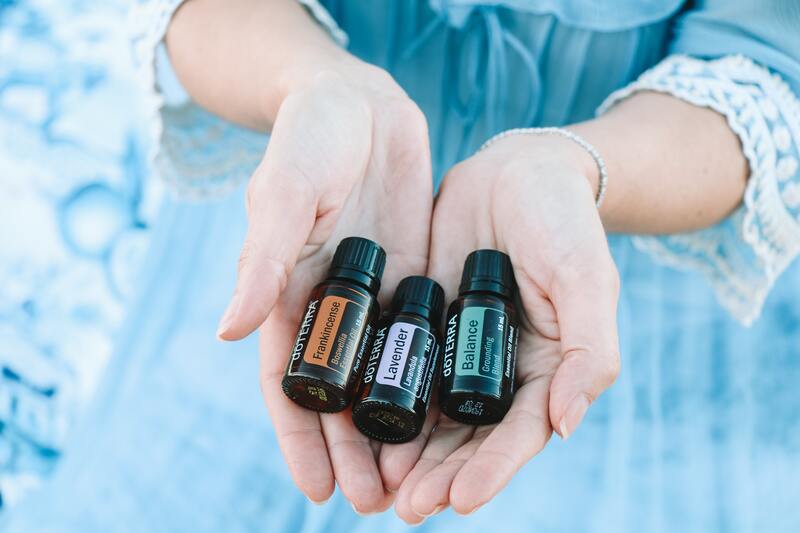
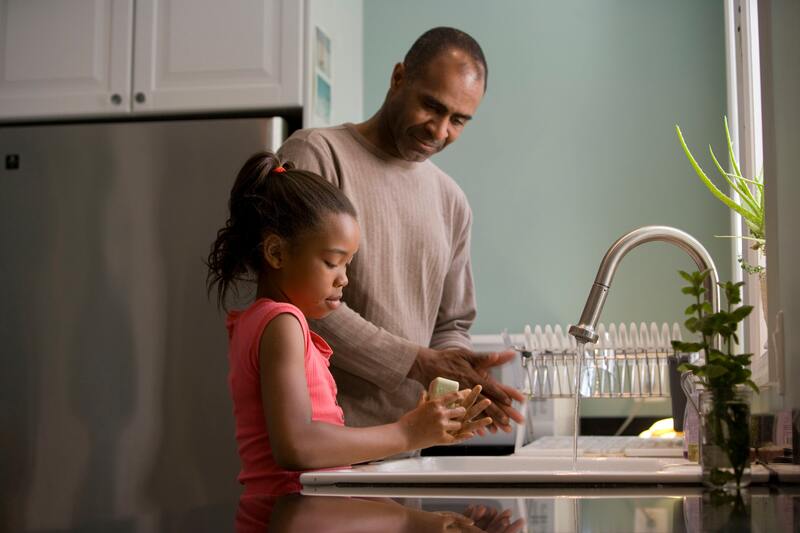
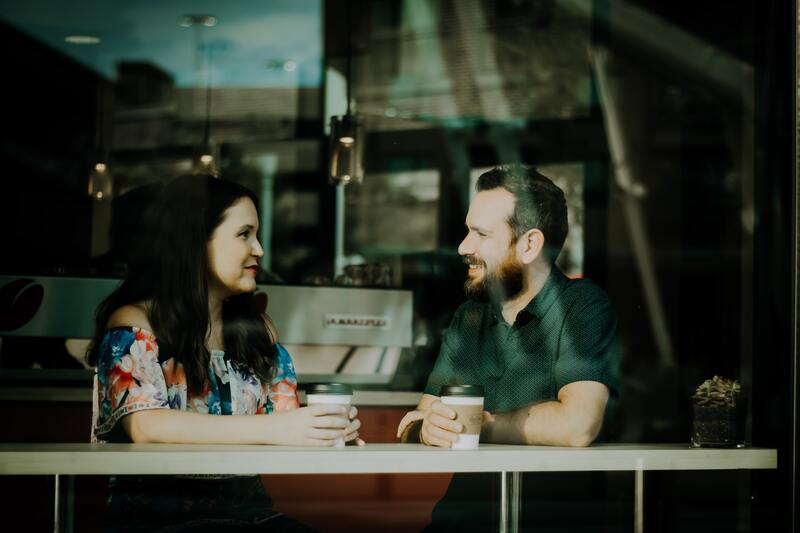
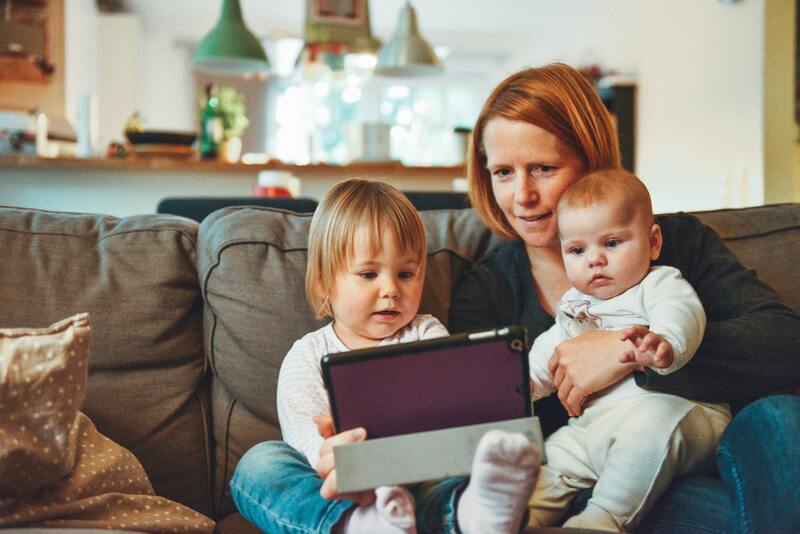
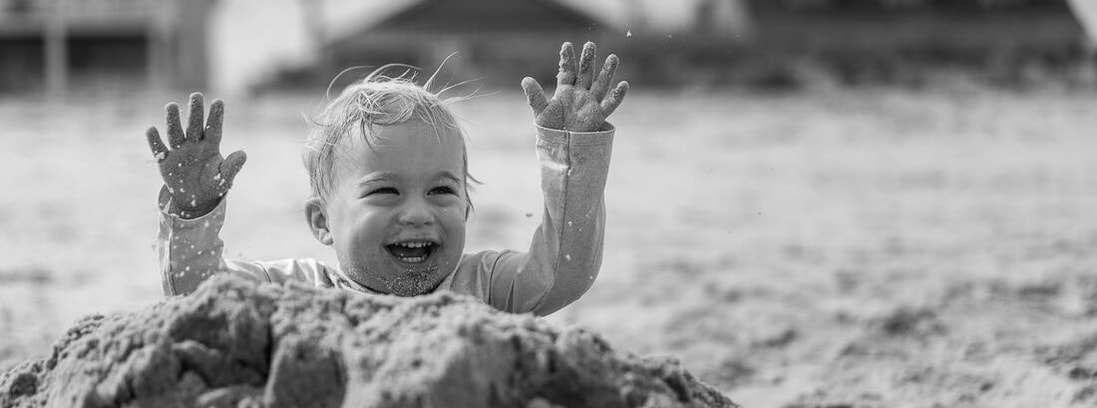
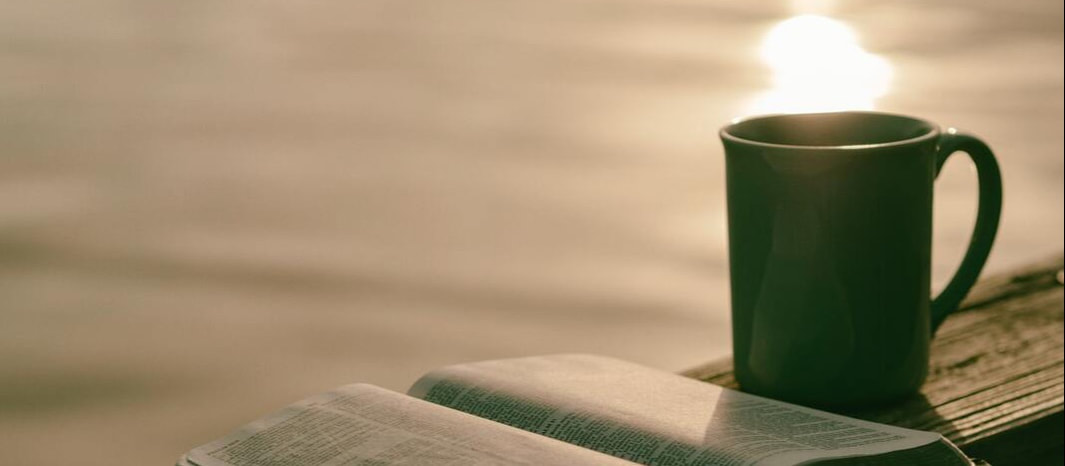
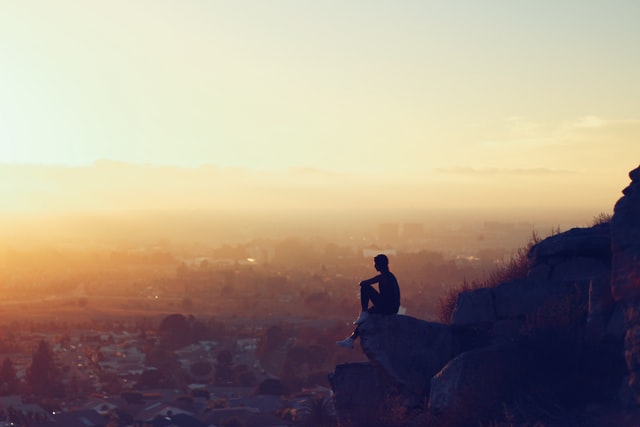
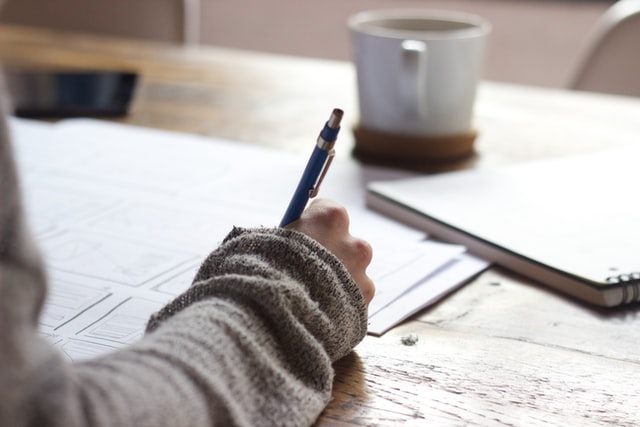
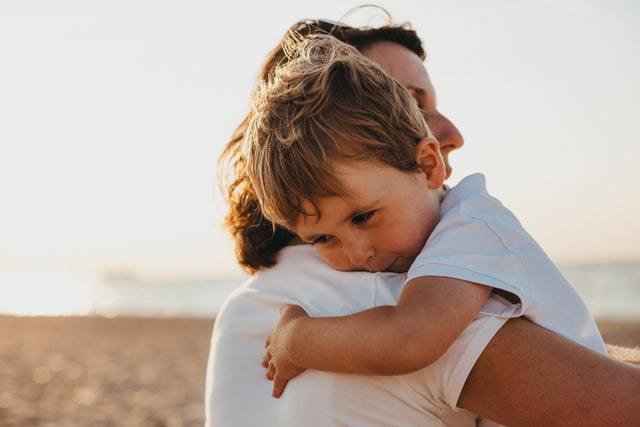
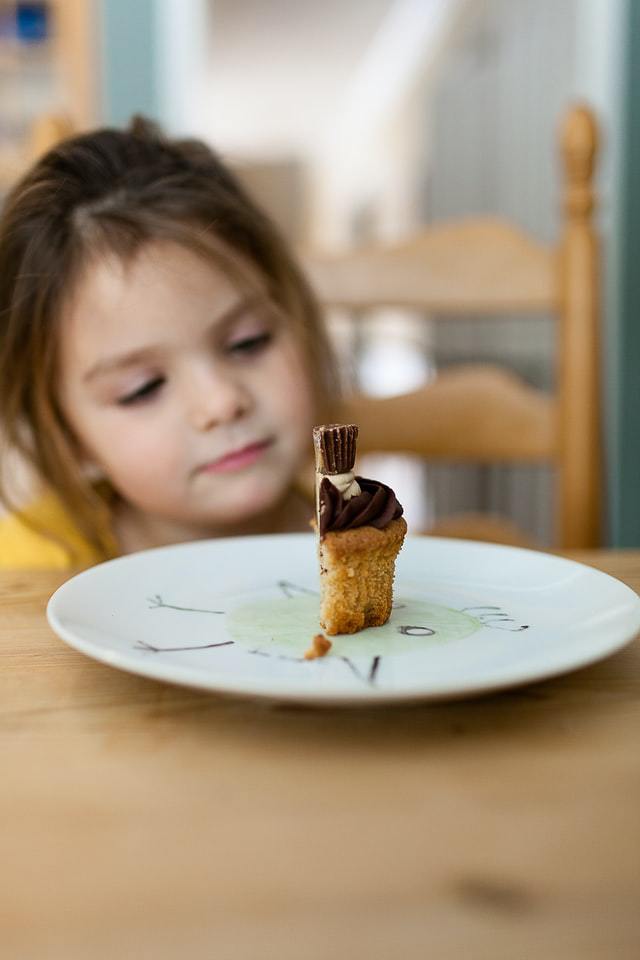
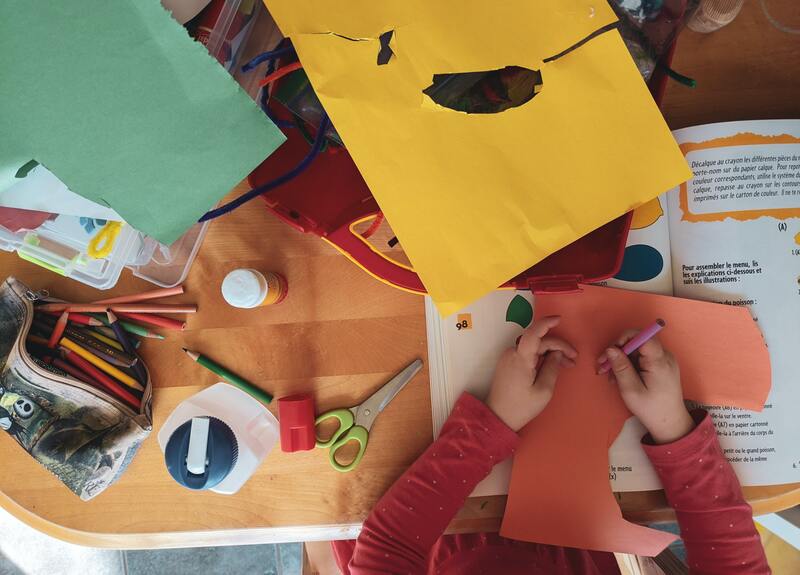
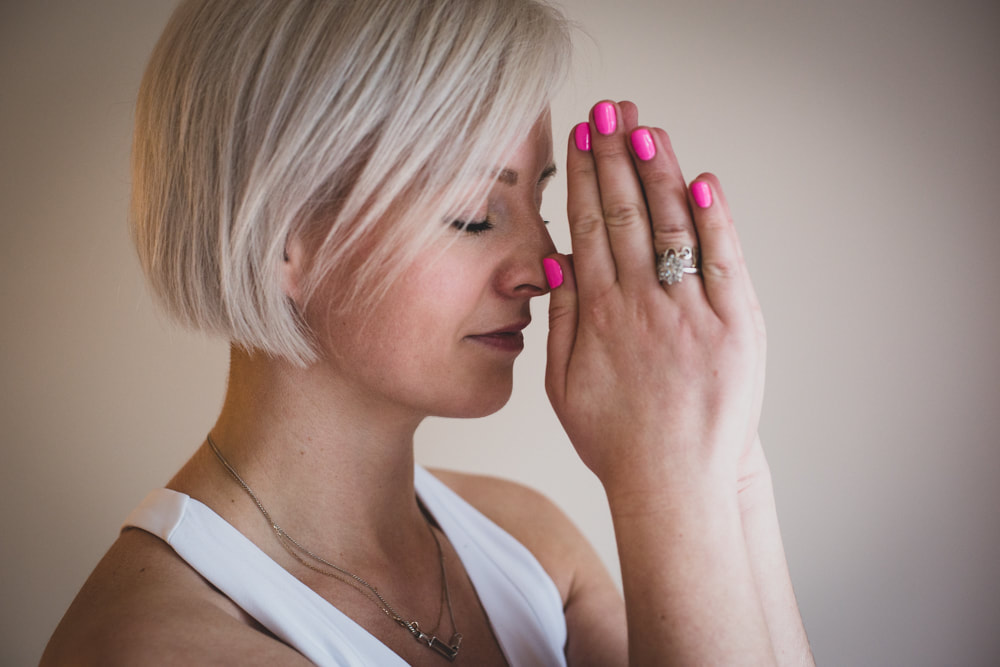
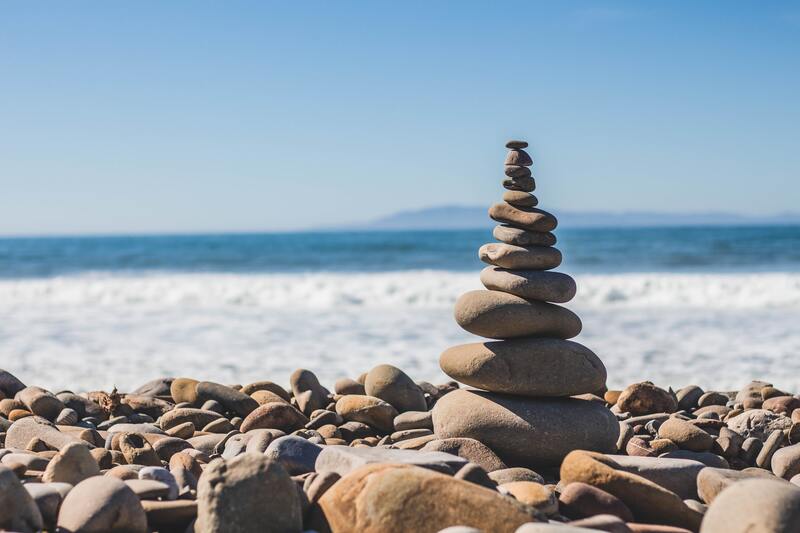
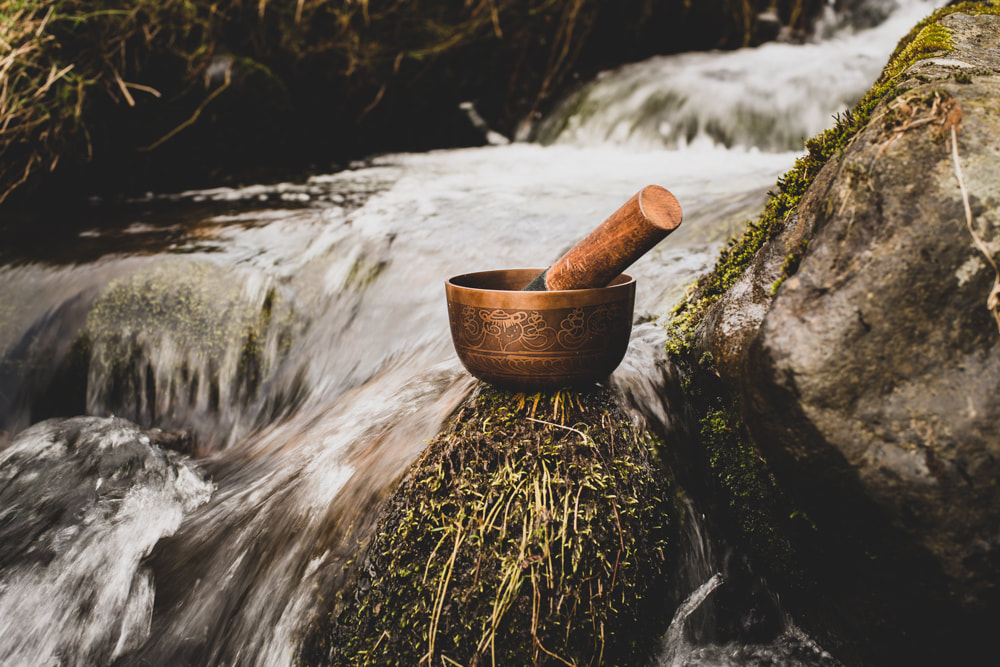
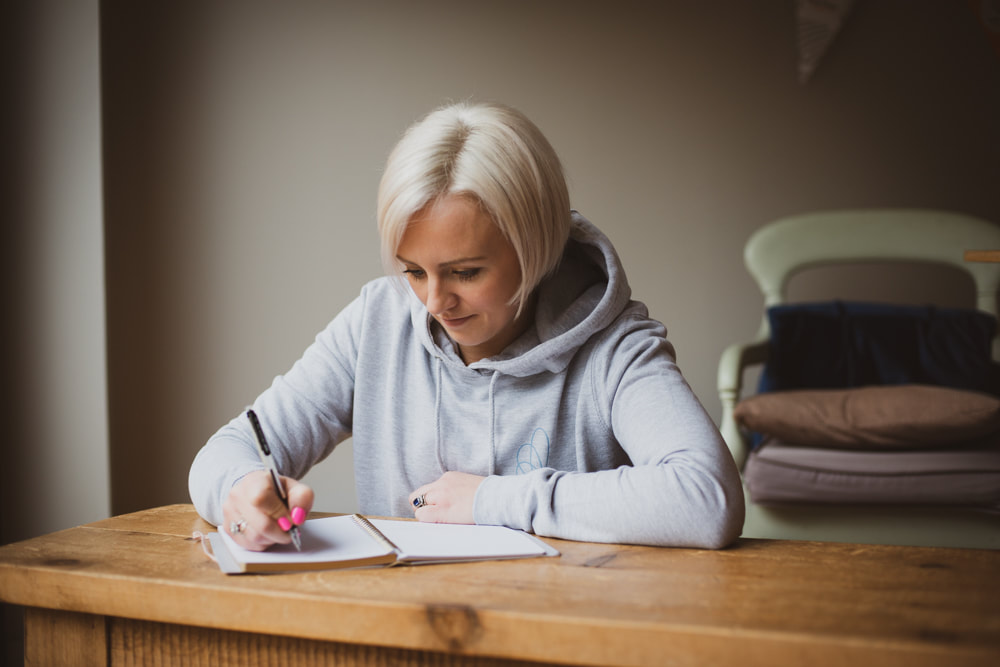
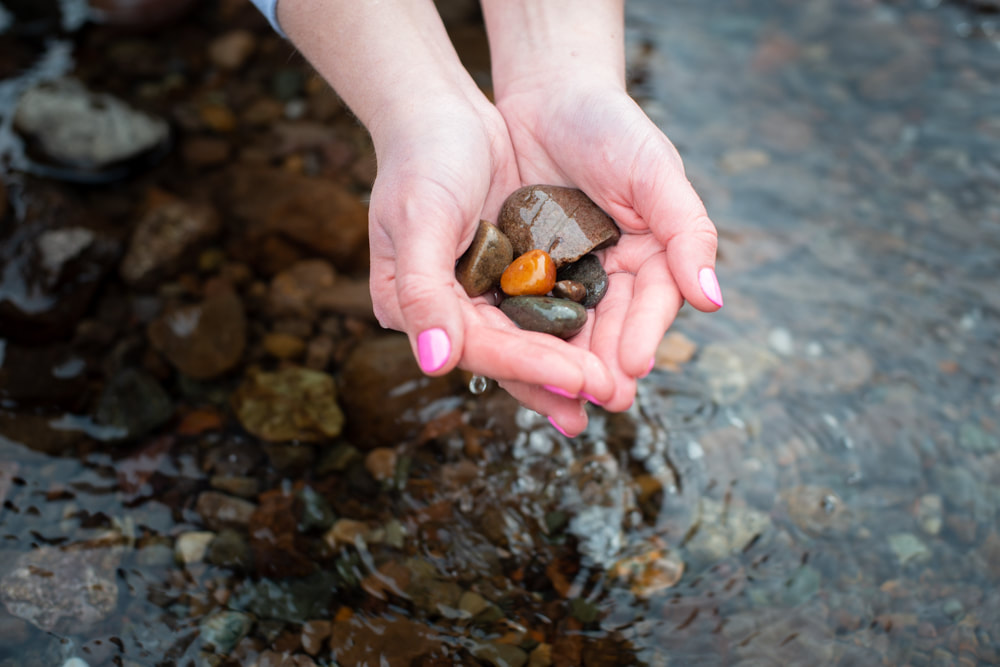
 RSS Feed
RSS Feed